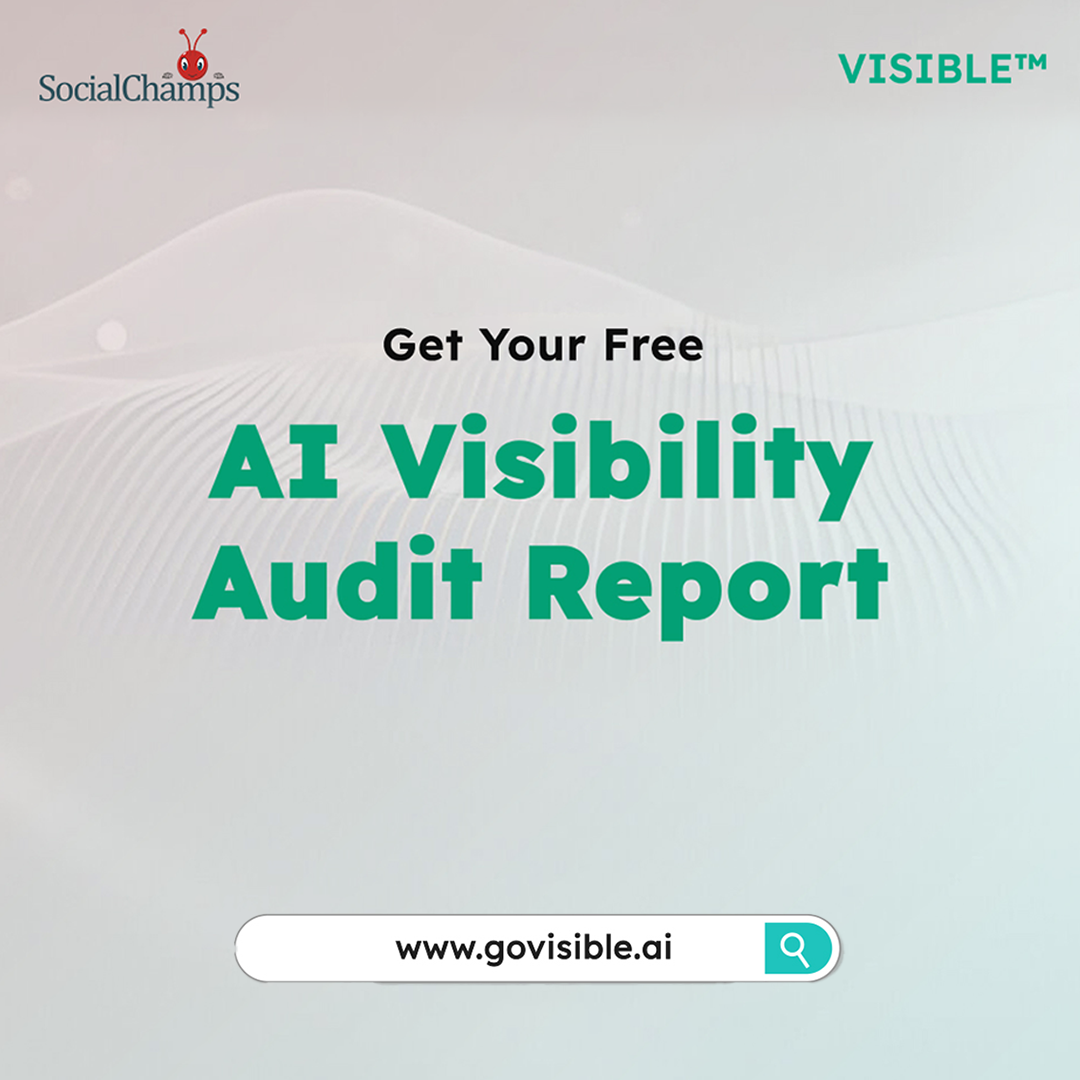Technological & Operational Innovations Driving D2C Growth
Technological advancements are reshaping India’s D2C landscape, significantly impacting customer acquisition, operational efficiency, and consumer engagement. The emergence of innovative digital platforms, AI-driven solutions, and improved logistics infrastructures are enabling brands to scale quickly and sustainably.
Key Innovations:
- Social & Live Commerce: Platforms like Trell and BulBul have successfully harnessed live commerce, enabling real-time customer interactions and increasing conversion rates by up to 30%.
- Influencer & Creator-led Commerce: Brands like Sugar Cosmetics and Mamaearth leverage influencer partnerships to achieve higher consumer trust and brand visibility.
- AI & Analytics for Personalization: Advanced analytics tools help brands like Nykaa predict consumer behavior, offer hyper-personalized recommendations, and manage inventory efficiently.
- Enhanced Fulfillment & Logistics: Efficient third-party logistics (3PL) partnerships utilized by brands like Lenskart and Zivame reduce operational costs, streamline delivery processes, and enhance customer satisfaction.
🔹 Marketer’s Insight: Adopting technology-enabled solutions like AI-driven analytics and innovative customer engagement platforms significantly boosts competitive advantage.
Omnichannel & Multi-channel Retail Strategies
Successful D2C brands are adopting comprehensive omnichannel strategies to seamlessly blend offline and online consumer experiences, thereby maximizing customer reach and retention.
Effective Omnichannel Strategies:
- Integrated Customer Experiences: Brands like Pepperfry and Urban Ladder combine physical retail with strong digital presence, providing consistent brand experiences across channels.
- Data Integration & Customer Insights: Unified data systems enable brands to track and optimize customer journeys, enhancing retention and lifetime value.
- Flexible Delivery & Return Options: Offering flexible, consumer-friendly return and exchange policies boosts customer satisfaction and repeat purchases.
🔹 Marketer’s Insight: Integrating online-offline experiences ensures brands remain agile and responsive to evolving consumer preferences.
Challenges in the D2C Market
While the D2C sector offers substantial growth opportunities, brands face significant operational and competitive challenges that must be strategically navigated.
Primary Challenges:
- Increasing Competition & Rising CAC: Rapidly increasing competition has driven customer acquisition costs (CAC) upwards by approximately 30% annually.
- Operational Scalability: Brands often struggle with inventory management, supply chain efficiency, and consistent service quality as they scale.
- Regulatory Compliance & Market Entry Barriers: Navigating regulatory complexities, including compliance with evolving e-commerce regulations, poses significant operational hurdles.
🔹 Marketer’s Insight: Proactive management of scalability challenges, combined with strategic cost controls, can significantly enhance market positioning.
Regulatory Landscape & Government Initiatives
The regulatory environment significantly influences India’s D2C ecosystem. Initiatives like the Open Network for Digital Commerce (ONDC) aim to democratize digital commerce, offering both opportunities and compliance requirements.
Key Regulatory Initiatives:
- Open Network for Digital Commerce (ONDC): Expected to create a level playing field, allowing smaller D2C brands easier access to larger marketplaces.
- Data Protection & Consumer Privacy Regulations: Compliance with stringent data protection norms is crucial to maintaining consumer trust and avoiding regulatory penalties.
- Government Support for MSMEs: Initiatives to digitize MSMEs open opportunities for brands to collaborate and scale faster through strategic partnerships.
🔹 Marketer’s Insight: Brands aligning with regulatory frameworks early can leverage compliance as a competitive advantage.
Strategic Recommendations & Roadmap for Sustainable Growth
For sustained success in India’s dynamic D2C market, brands should adopt strategic, forward-looking approaches:
Actionable Strategies:
- AI-driven Personalization & Data Analytics: Brands must prioritize investment in data analytics for enhanced customer insight, personalized marketing, and optimized inventory management.
- Influencer & Content-led Marketing: Strategic influencer collaborations and engaging content can amplify brand messaging and reduce overall acquisition costs.
- Focus on Sustainability & Ethical Practices: Sustainability-oriented brands appeal strongly to environmentally-conscious consumers, offering higher retention and brand loyalty.
- Regional Expansion & Localization: Brands should adopt nuanced strategies for Tier 2 & Tier 3 cities, tapping into growing regional markets through localized offerings.
- Long-term Partnerships & Collaborations: Establish strategic partnerships with technology providers, marketplaces, and logistic solutions to ensure scalability and cost efficiency.
🔹 Marketer’s Insight: Future market leaders will be brands that strategically leverage technology, influencer networks, and sustainability to differentiate and thrive.
Conclusion: Strategic Pathways to D2C Excellence
Navigating India’s vibrant D2C market demands strategic agility, technological innovation, and an in-depth understanding of regulatory landscapes. Brands that effectively integrate innovative technologies, prioritize regulatory compliance, and adapt to consumer shifts will lead in 2025 and beyond.
🔹 Key Takeaway: “Brands leveraging technology, proactively managing operational challenges, and embracing sustainable practices will set the benchmark in India’s flourishing D2C market.”





0 Comments